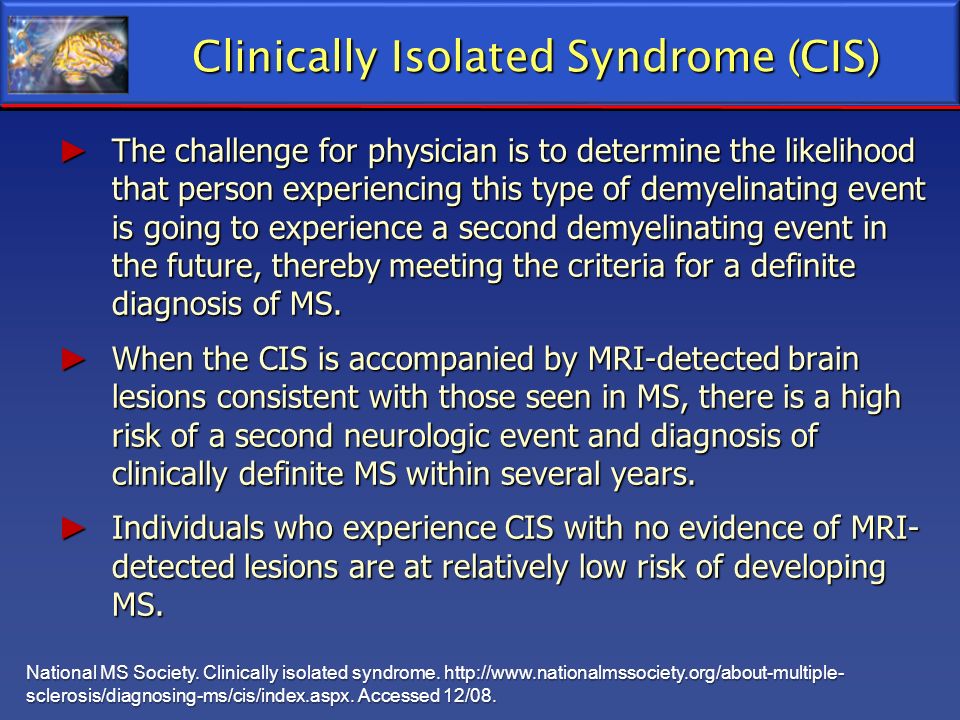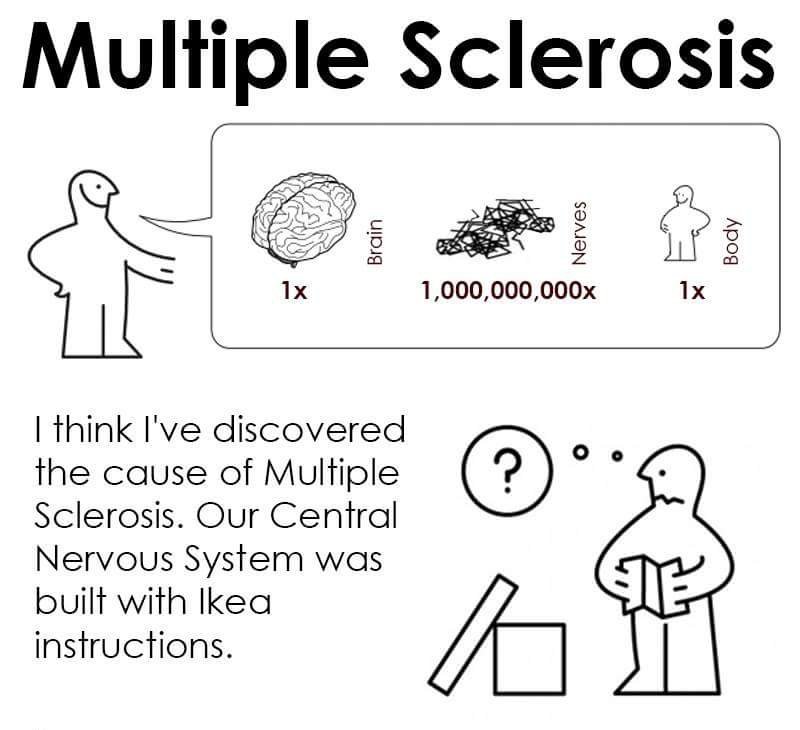'Life's Simple 7' steps for brain health
To compile the advisory, the researchers performed a meta-analysis of
182 scientific studies. In their analysis, the authors looked for
factors that could be "measured, monitored, and modified."
So, Dr. Gorelick and colleagues identified seven metrics that they
believe can maintain brain health at optimal levels. Four of these are
"ideal health behaviors" and three are "ideal health factors."
The recommended health behaviors are: not smoking,
maintaining high levels of physical activity, following a healthful
diet, and keeping a healthy weight. The health factors are: keeping
blood pressure levels under 120/80 millimeters of mercury (mm/Hg),
cholesterol levels under 200 milligrams per deciliter (mg/dL), and
fasting blood sugar levels under 100 mg/dL.
The seven metrics found in the new report correspond to the so-called
Life's Simple 7
- a program developed by the American Heart Association/American Stroke
Association (AHA/ASA) with the aim of promoting cardiovascular health
in the wide population.
These seven steps are:
- Manage blood pressure
- Control cholesterol
- Keep blood sugar normal
- Get physically active
- Eat a healthy diet
- Lose extra weight
- Don't start smoking or quit
"Over time we have learned that the same risk factors for stroke that
are referred to in Life's Simple 7 are also risk factors for
Alzheimer's disease and possibly for some of the other neurodegenerative
disorders," Dr. Gorelick says.
Maintaining blood pressure, cholesterol, and blood sugar at optimum
levels is important because abnormally high levels of these may lead to
complications that can cause atherosclerosis and blood clots.
As Dr. Gorelick explains, in time, this may lead to cognitive impairment and vascular
dementia.
"[The] arteries carrying blood to the
brain may narrow or become damaged, which can lead to dementia. The good
news is that managing risk factors - and managing them early on - can
keep those arteries strong and make a world of difference for our
long-term brain health."
Dr. Philip Gorelick
The advisory stresses the importance of early interventions, as atherosclerosis, they warn, can start as early as childhood.
These recommendations are particularly important, the authors note,
given the predicted prevalence of dementia in the United States and
across the world. Currently, over 7 million new cases of dementia are
diagnosed every year, and by 2030, the authors warn, as many as 75 million people may develop the condition.
Source:
Read more about how our brain and cardiovascular health are interlinked.
Read now





